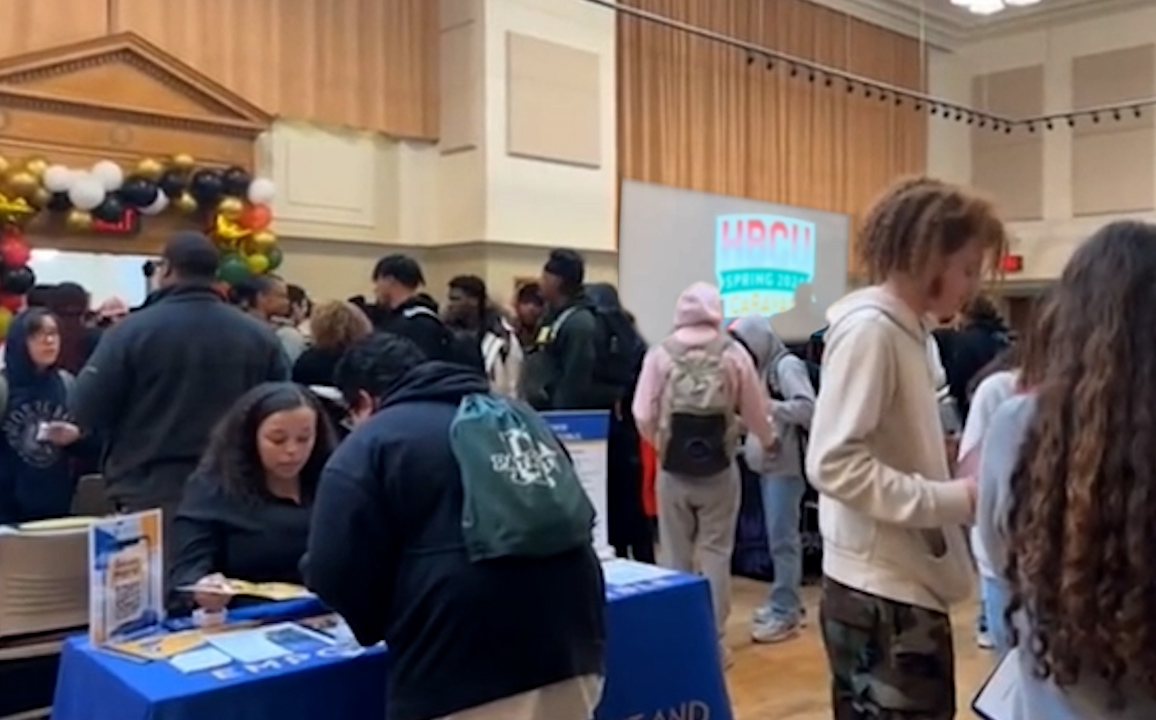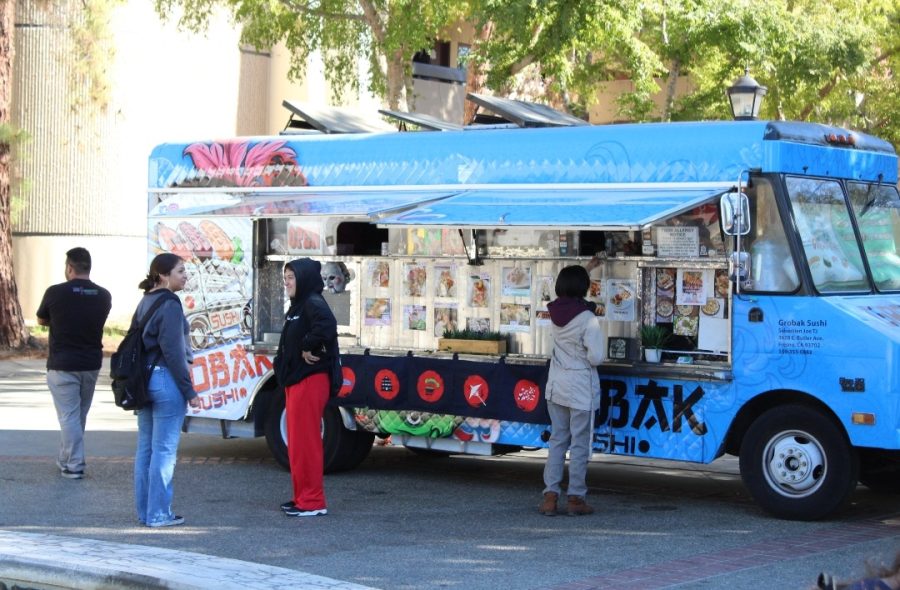Andres Montoya lost a battle with leukemia nearly ten years ago. He was a hulk of an ice-worker who left this earth with his songs unpublished. He never reaped the fruits of his labor. He never heard the critical acclaim or felt the welcoming embrace of a whole generation of poets that continue to be inspired by his work. Maybe it was his way of getting the last word.
Throughout his life, Andres fought just about everything. He rebelled, revolted and yet, he loved. He shared warm whispers of encouragement along with caustic cries of contempt.
He was a poet of great convictions and great contradictions.
He howled in the face of poverty, crime, death, and injustice while he rejoiced in redemption, hope, and faith.
It was his truncated life and all-telling voice as a poet that brought together the likes of Pulitzer Prize winner Phillip Levine, American Book Award winner Tim Z. Hernandez, and a host of prominent writers together for the April issue of In the Grove.
The Valley-based journal, founded by Fresno City College English instructor Lee Herrick, was the first to publish Andres’ now famous poem, “The Iceworker Sings.”
That poem was published posthumously in the eponymous book.
Before Andres’ death he gave the rights to his second unpublished manuscript to his best friend, Daniel Chacon.
In The Grove now has the repeat pleasure of giving the world a first look at Andres’ forthcoming book, “Pakatelas.”
Contributors to the April issue, friends, family, and lovers of Andres’ work joined to celebrate the launch of the new issue on April 10.
The night of poetry reading and story telling was one to be remembered.
“You self-righteous, hypocritical little s**t!” said Andres’ younger brother Maceo in front of a crowded hall at Arte Americas. It was one of his older brother’s favorite insults to use when the two were arguing, he explained.
The phrase brought on waves of nostalgia for those who knew Andres best. His father, Malaquias Montoya, sat front-row, stage-left and laughed as he remembered his late son’s rebellious tendencies and his eloquent tongue.
The Montoyas are a family of artists, a bloodline of expressionists. Malaquias, with his hard, weathered skin like cracked Fresno soil was one of the first to paint the face of the Chicano.
He himself, bares the visage of a campesino, a farm-laborer. He wears worn, dusty soft-leather boots and a wide sun-shielding hat. A peppered, broom-like mustache sweeps over his upper lip and his hands are hard and callous like the souls he puts on canvas.
Maceo, a young Yale and Columbia-educated author and painter, spoke of his older brother with the same contradictions Andres employed in his American Book Award-winning poetry.
He spoke of loss and love, hope and despair, anger and joy. Above all, he expressed a profound longing for his big brother.
After almost 10 years, he and many in the audience were still wrestling with Andres’ premature departure. Their faces told the tale.
“I cry for him often,” Maceo wrote in “Moments Lost” which appears in the current issue of In the Grove. “For our loss, for the incomprehensibleness of his death, still, after all these years, as raw as the day of his sickness…as raw as the days and months following his death when I was unprepared to deal with his absence. I am still unprepared.”
Presenters recalled his laughter, his faith, and gregarious nature. Teresa Tarazi, also an FCC English instructor, remembers and misses her good friend from college. She misses the afternoons they spent painting and writing poetry.
Andres’ former English professors at Fresno State, Levine and Corrinne Clegg Hales, recalled his outspoken voice in the classroom and his often-outlandish antics.
“It was difficult being his ‘teacher,’ as he seemed to think it absurd that poetry could be taught,” wrote Garrett Hongo in a selection from In the Grove. “Yet, he learned, and so did I.”
It was a unique congregation of creative minds. Accomplished painters, a Pulitzer Prize winner, and American Book Award Winners shared the stage with Puente students and up and coming poets. They all had one thing in common: Andres.
“That was a magical night,” said Chacon.
There was a looming presence throughout the room. Friends of Andres say he was there that night. Herrick, publisher of In the Grove, and Augustine F. Porras, long-time friend of Andres, recounted a similar story from a few years back.
Chacon was speaking at an event in San Diego. It was there Porras and Herrick met for the first time. Suddenly, as if by a stroke of providence, a group of birds burst into the room and perched on the chair next to the podium.
“I don’t want to romanticize it or anything, but that’s what happened,” Herrick said. Porras nodded in agreement. “That was Andres,” they agreed.
Within the walls of that crowded, standing room only quarter of Arte Americas people remembered, celebrated, and mourned the death of a poet that, most agree, never saw his potential realized.
Andres died, indeed, as John Keats wrote, “Like a sick Eagle looking at the sky.”



